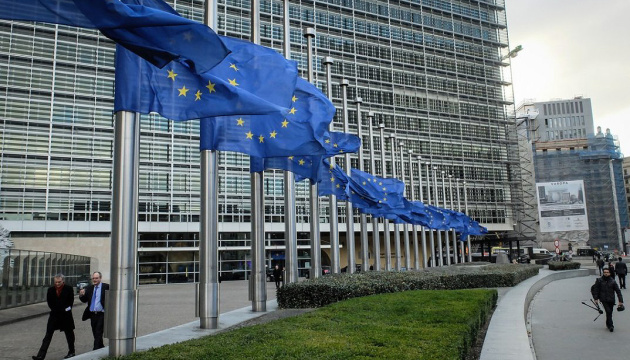The European Commission updated the "blacklist" of countries
 The European Commission has updated the list of countries that do not have the appropriate legislation or financial instruments to effectively counter money laundering and the use of such funds to finance terrorism.
The European Commission has updated the list of countries that do not have the appropriate legislation or financial instruments to effectively counter money laundering and the use of such funds to finance terrorism.
The European Commission has adopted a new list of 23 third countries with strategic weaknesses in countering money laundering and terrorist financing. The purpose of this list is to protect the EU financial system by better preventing money laundering and terrorist risks. As a result of the inclusion in the list, banks and other institutions that fall under EU anti-money laundering regulations will be subject to enhanced checks of financial transactions, including users and financial institutions from these high-risk third countries, to better identify suspicious cash flows.
The list of high-risk countries includes Afghanistan, American Samoa, the Bahamas, Botswana, North Korea, Ethiopia, Ghana, Guam, Iran, Iraq, Libya, Nigeria, Pakistan, Panama, Puerto Rico, Samoa, Saudi Arabia, Sri Lanka, Syria, the U.S. Virgin Islands and Yemen.
Under the mandate provided by the so-called fourth and fifth EU Directives against Money Laundering, the European Commission is authorized to conduct an autonomous assessment and identify high-risk countries.
The list released today was determined based on an analysis of 54 "priority jurisdictions" developed by the European Commission and released on November 13, 2018. According to the developed methodology, in order to be included in such a list, a country must meet at least one of the following criteria:
- The countries have a systemic impact on the integral unity of the EU financial system;
- The countries are considered by the IMF as international offshore financial centers;
- The countries have great economic importance and strong economic ties with the EU. Such "priority jurisdictions" include such countries as Ukraine, Brazil, Canada, India, Russia, Israel, Japan, the USA and others.





























































